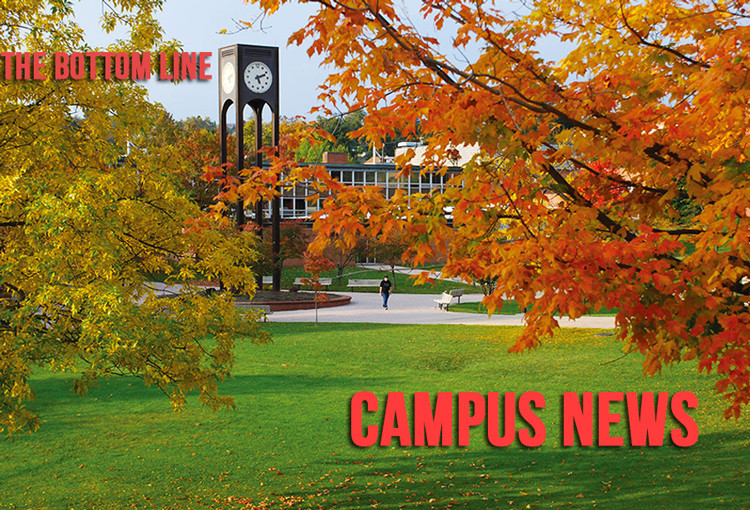Banning Grain Alcohol: A Life-Saving Legislation?
On March 28, 2014 the Maryland General Assembly voted to ban the retail sale of alcohol 190-proof and stronger. If the bill is signed, Maryland will join Pennsylvania, West Virginia, and Virginia in banning the sale of these products.
Grain alcohol is 95 percent pure and has no color, taste, or smell when mixed to drink. Grain alcohol, or extreme strength alcohol, is cheap and often targeted by many underage drinkers. According to Johns Hopkins Bloomberg School of Public Health, underage binge drinkers are far more likely to use extreme-strength alcohol than their non-binging peers.
For many years, Frostburg State University has dealt with the overuse and dangerous consumption of grain alcohol. With continued misuse of grain alcohol, a serious threat is posed to incoming undergrads.
FSU President Jonathan Gibralter said, “Grain alcohol is seen as a cheap and reliable way to get drunk quickly, sometimes without the person knowing it. Not surprisingly, its potency and low price makes grain alcohol a popular option for college students.”
With the passing of this new law, college collaboratives hope to extinguish the some of the dangers it inflicts on college campuses.
The Maryland Collaborative to Reduce College Drinking and Related Problems presents excessive drinking among college students as a statewide public health problem. According to research, drinking on college campuses is annually responsible for 1,825 deaths, 599,000 unintentional injuries such as car crashes and falls, 696,000 physical assaults, and 97,000 sexual assaults.
The College Collaborative is led by a council of ten college presidents who all carry concern for the safety on their campuses.
Banning grain alcohol is the first step in a long process of stabilizing underage drinking on college campuses, but there is still a lot of work to be done before underage drinking is successfully tamed.



